Stolen phone database targets mobile phone thieves
- Published
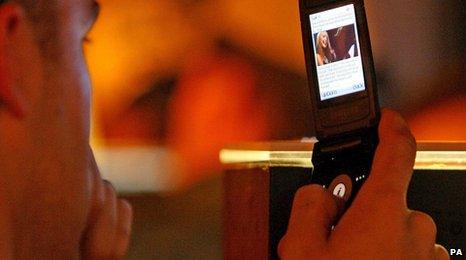
Phone thieves could now find it harder to sell stolen handsets.
Organised gangs currently sell around 100,000 'recycled' mobiles each year, pocketing about £40 a time.
The phones usually end up abroad because they will still work in other countries, despite any block on UK use.
Stolen blacklist
Now the government's got together with police and mobile companies to make it more difficult for thieves.
Recycling companies can now check if a handset they're offered is on a stolen 'blacklist'.
If it is, they will refuse to buy the phone and pass the details onto police.
The National Mobile Phone Register is linked to three databases: an industry record of blocked handsets, the police list of stolen mobiles and a voluntary public register.
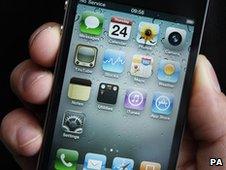
Stolen high end phones often end up abroad to avoid UK 'blocking'
The code of practice is voluntary but so far 20 recycling companies, making up 90% of the industry, have signed up.
Jack Wraith, chairman of the Mobile Industry Crime Action Forum, said: "If those phones are found to be blocked, and they're obviously blocked for the reason that they're not in the possession of their rightful owner, then the database will flag up to the recycler that that phone cannot be traded.
Multiple thefts
Newsbeat recently reported that multiple thefts of phones at UK gigs had more than tripled since 2006, with some thieves being caught with up to 20 handsets.
Nick Brown, who runs recycling company Envirophone.com, said he hoped the new agreement would deter potential thieves.
"If the people stealing mobile phones understand there isn't a viable route to be able to sell those phones easily, then they are less likely to steal them in the first place."
Mobile phone recycling companies who have signed up so far include Mazuma Mobile, Mobile Phone Exchange, Royal Mail, West One Technology, Carphone Warehouse and Virgin Media.
- Published5 July 2010
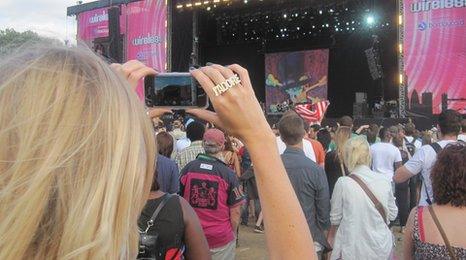
- Published23 July 2010
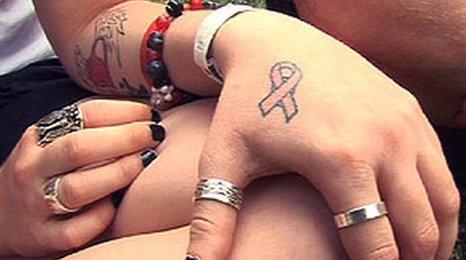
- Published20 July 2010
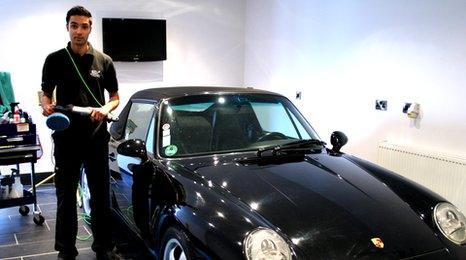
- Published20 July 2010

- Published15 July 2010
